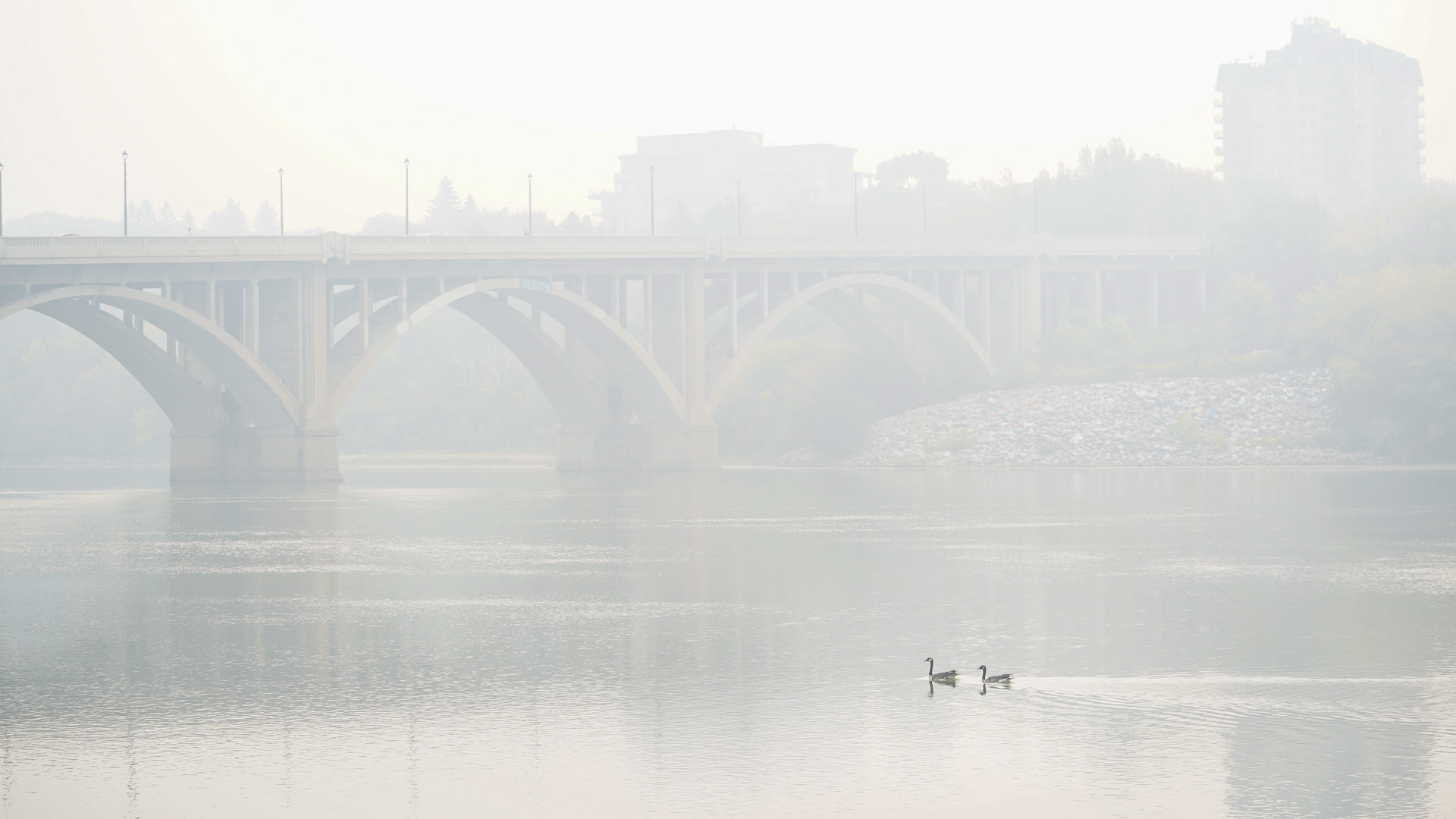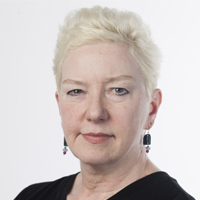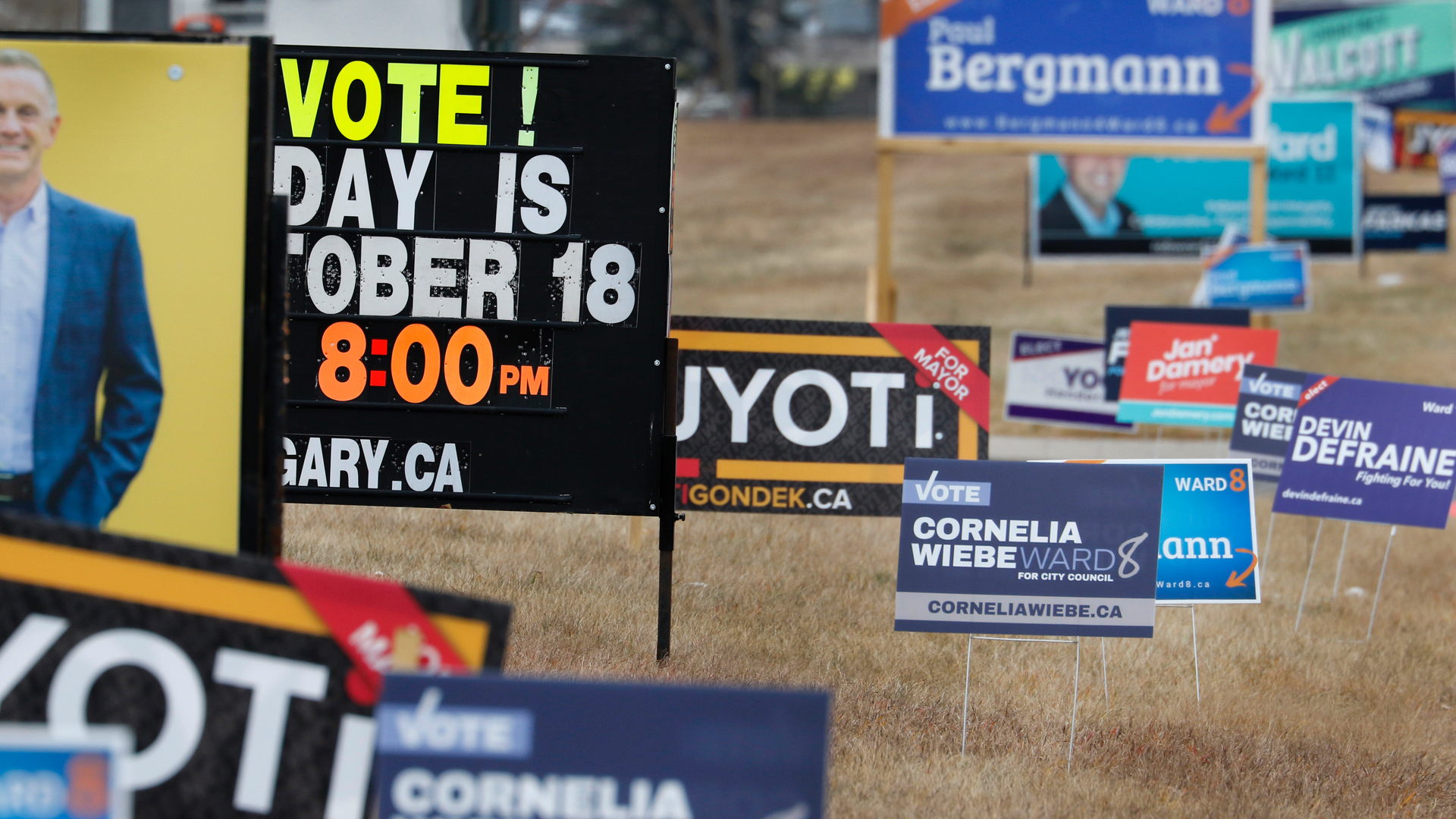
How do you cover an election with no reporters? Already, with that one sentence, this sounds like a plea to support journalism. It isn’t. (Though we should — of course, we all should!)
This is a plea for the rest of civil society to step up as the news industry falters. All of us — from individuals to community groups, from libraries to universities, from students to foundations.
Look at the reality of the news industry in Canada: down by at least a third of the journalists it had a decade ago, small towns without newspapers, large cities without parliamentary reporters of their own in Ottawa. The country is getting bigger, issues are as complex as they have ever been, and social media is making the spread of both accidental and deliberate false information a wildfire. Yet we have ever fewer journalists working to report events, check facts, add context and dig into the stories no one wants told.
During this federal election campaign, news organizations will mostly be focusing their smaller resources on the larger stories: the biggest issues, the fastest-moving social media scandals du jour, the top horse races. Their coverage will be invaluable. And it will be limited. There will be a lot on the federal party leaders, and relatively little on other candidates; a lot on national themes, little on local concerns. It isn’t just that reporters will be conveying less to potential voters, but that voters will have less opportunity for their concerns to be heard and amplified.
We can’t afford to rely only on the news industry to engage us. Other civic institutions must play a role.
In 2016-17, I was the Atkinson Fellow in Public Policy (funded by the Atkinson Foundation, the Toronto Star and the Honderich family), researching alternative sources of civic information and storytelling. You know, there aren’t many in Canada. But there could be. The social media that is so good at disseminating misinformation is equally good as a tool to publish solid facts. A social media account now can have the power of a printing press, with a much greater reach and at little or no cost. The forces behind fake news understand how to use it. The forces for good can, too.
And who can join the forces for good? The two biggest learnings I have taken away from the Atkinson research are (a) the deep belief that the digital revolution can disrupt the media ecosystem in a good way, not just as a business model, by giving a voice and platform to those who didn’t make their way past the gatekeepers before; and (b) how much knowledge and expertise we are not sharing as a society.
So:
Federal election dates are now known in advance; barring unexpected political upheaval, they’re on the third Monday of October four years after the last one. Journalism schools could be shaping their curriculums around them — adjusting class assignments so that students learn the course skills of finding, reporting and creating stories by covering the election in their very local communities, whether that’s the university community or the neighbourhoods around them. One inspiration for this: Robert Hernandez, an associate professor in the journalism school at USC Annenberg in Los Angeles since 2009. He was eager to experiment with digital tools in journalism — so after his first couple of years at the school, he created an experimentation course, what he described as teaching without a net, in which he would select a new approach (augmented reality, for example) and invite students to sign up for a semester of testing it as a journalism tool. He and the students learn together as they go.
Sticking with universities, professors in all faculties have expertise that sometimes feels as though it’s held like a state secret. Yes, some admittedly is esoteric, but researchers’ knowledge can span years, decades, eras — a great depth that can balance the short-term focus of politicians themselves and of the media, too. The universities or the professors could organize themselves to fact-check party platforms, carry out cost analyses, examine issues with paired pro-and-con articles, all published through the communications department or as special projects. If there is a topic of public interest, chances are universities have experts who have studied it. An inspiration here: Les Surligneurs (it translates as “the highlighters”), a group of law lecturers and researchers in France who took it upon themselves to be the factual touchstone for any legal angles on what presidential candidates said during the 2017 French election. When a candidate proposed doing this or that, was it in fact within a president’s jurisdiction? Would the European Parliament allow such an act? Was the candidate interpreting the law correctly? Les Surligneurs, which still operates, worked with political science students to track the candidates’ speeches, and published their findings on a dedicated website.
Expertise doesn’t have to be at a professorial level. No one knows and understands communities like their members. Local institutions — high schools, libraries, foundations — can organize and teach volunteers the art of basic, neutral note-taking so they can collect voters’ questions before community meetings and report back on the events afterwards, through social networks or any other distribution that makes sense locally.
At its heart, journalism has five elements: it is focused on current events; is accurate; is original work (not aggregation); is independent; and is produced with a broad public in mind. (Thank you, always, to Ryerson University’s Ivor Shapiro for his open-minded definition.) Deep investigations are generally beyond the abilities of people not working in the journalism field, but those basics can be taught. The big inspiration: Winnipeg’s Community News Commons. The Winnipeg Foundation funded the project for five years, to create a digital site where the community could write about itself. The effort included training sessions on the fundamentals of journalism, open to anyone to attend. Noah Erenberg, editor of the Commons, ran the sessions in collaboration with the public library and the Winnipeg Free Press. He was uncertain, when he started, how close the community writers’ work would be to journalism. But through the training sessions, and the story meetings held once a month at the foundation, and the way he saw diverse strangers coming together, he realized this project was as much about community engagement as it was about news.
Teach neighbours to hold their own information sessions — sharing what’s on their minds, bringing up issues, hearing what others think. Inspiration: The Voting Block project run by the Center for Cooperative Media in New Jersey. The Center, run from a journalism school and funded by foundations, fights a growing news desert by helping local news outlets collaborate rather than compete with each other, so more ground is covered in the end. Voting Block started with local journalists organizing the information sessions in neighbourhoods they divided up among themselves, but the Center also created a how-to guide for people who wanted to do it on their own. They could then send notes in to be published on a common website — a public voicing of concerns, questions and discussions.
Two elements are needed to make most of these proposals work. One is a sense of responsibility. An informed populace is a democratic imperative, and we’ve been entrusting it to a news industry largely supported by a private business model. The industry still fills an important part of this need, but it can’t bear the responsibility alone. Schools, universities, libraries — they all exist with public money and serve public roles. This is a key role they must step into.
The other element is money. Not a lot of money, but some. One of my great disappointments in the Canadian government’s proposal to help news organizations survive the digital disruption is that nothing has been set aside for experiments, either for media to work in collaboration with the public or for the public to act alone.
I continue to be fascinated by the example of the Civic Information Consortium in New Jersey, where the state legislature agreed in mid-2019 to fund experiments in local journalism. The proposals will be weighed by a group of universities, and can come from existing news organizations, schools, individuals, whoever has an idea on how to keep New Jersey residents informed on and engaged in civic life.
How informed will we be, here at home? It’s up to us.
This article is part of The media and Canadian elections special feature.
Photo: Shutterstock, by GaudiLab
Do you have something to say about the article you just read? Be part of the Policy Options discussion, and send in your own submission. Here is a link on how to do it. | Souhaitez-vous réagir à cet article ? Joignez-vous aux débats d’Options politiques et soumettez-nous votre texte en suivant ces directives.








